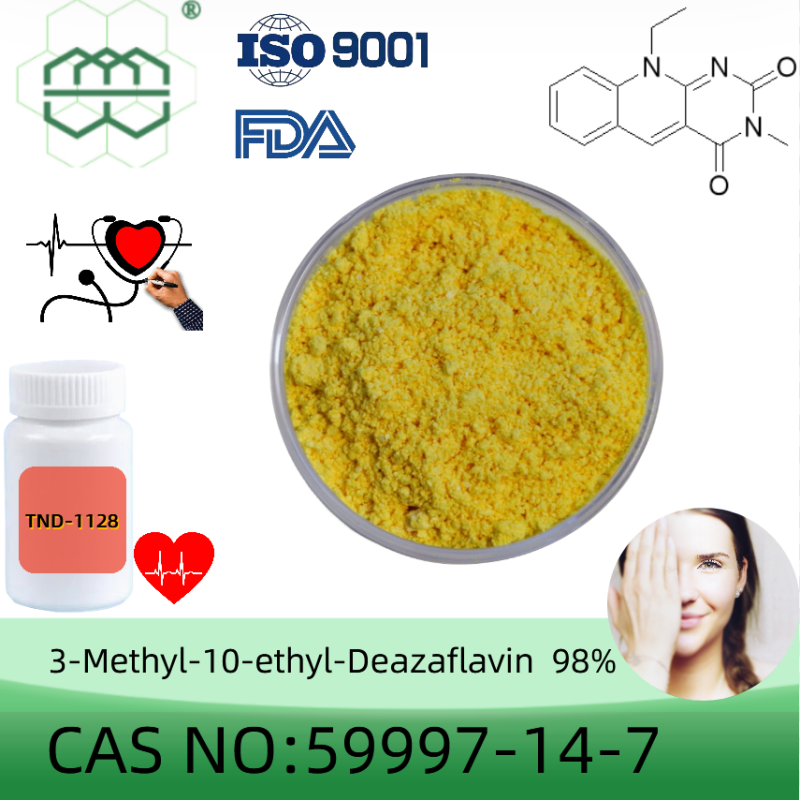-
Categories
-
Pharmaceutical Intermediates
-
Active Pharmaceutical Ingredients
-
Food Additives
- Industrial Coatings
- Agrochemicals
- Dyes and Pigments
- Surfactant
- Flavors and Fragrances
- Chemical Reagents
- Catalyst and Auxiliary
- Natural Products
- Inorganic Chemistry
-
Organic Chemistry
-
Biochemical Engineering
- Analytical Chemistry
-
Cosmetic Ingredient
- Water Treatment Chemical
-
Pharmaceutical Intermediates
Promotion
ECHEMI Mall
Wholesale
Weekly Price
Exhibition
News
-
Trade Service
Originally published as Eat too salty and be aware of dementia
A study published online Wednesday in the British journal Nature confirms a causal relationship between salt intake and cognitive function in mice. The study found that feeding mice a very high-salt diet led to the accumulation of modified tau protein, which in turn was associated with diseases that cause dementia, such as Alzheimer's disease. Further research is needed to determine whether the results are applicable to humans.
have shown that excessive salt intake is associated with cognitive impairment and is a risk factor for dementia. Although the exact mechanism behind this association is not clear, vascular dysfunction and the accumulation of tau proteins in neurons are thought to play a role in the development of cognitive impairment. This time, Testino Adkla, a scientist at the Weill Cornell School of Medicine, and his colleagues found evidence of the 3d effect, identifying a signal cascade reaction that causes an increase in phosphate tau proteins.
found that the ability to identify new objects and the performance of labyrinth experiments declined in mice on a high-salt diet that contained eight to 16 times as much salt as the average mouse diet. Studies have shown that high salt intake reduces the synthesis of nitric oxide, activating an enzyme involved in tau protein phosphorylation: CDK5. Restoring nitric oxide synthesis can reverse cognitive impairment in mice.
researchers stressed that the high-salt diet of the mice was actually higher than the reported maximum human salt intake (3 to 5 times the recommended 4g-5g daily). However, the findings identify a previously unknown link between eating habits and cognitive health, suggesting that avoiding a high-salt diet may help maintain cognitive function.
.







